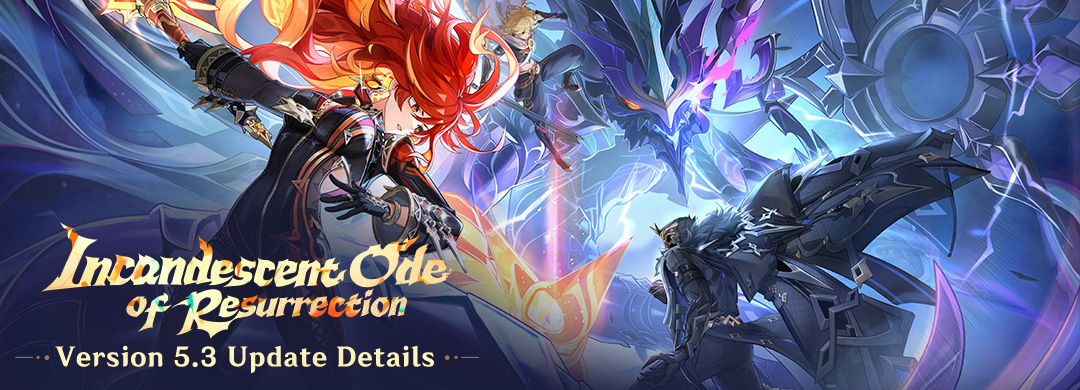
Sansa from Mondstadt has her heart set on becoming a bard. As part of her training, she has given Travelers a collection of musical scores from all over Teyvat - the "Repertoire of Myriad Melodies."
Read more on The "Repertoire of Myriad Melodies" Interaction Platform is now available! Showcase your wonderful imagination and exchange score inspirations with other creators!.








